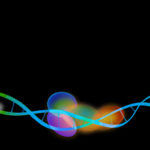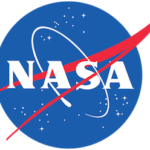In honor of National Women’s History Month, Berkeley Lab, in this article, looked back at how the Lab’s Women Scientists & Engineers Council (WSEC) got started and what issues it is currently working on. The WSEC is a program of the Lab’s Diversity and Inclusion Office and was founded in 2008 by what longtime members like to call the “founding mothers”—Natalie Roe of the Physics Division, Nancy Brown of the Energy Technologies Area, and Cecilia Aragon, formerly of the Computational Research Division.
At the moment, WSEC board members from Biosciences include Environmental Genomics & Systems Biology Division’s Astrid Terry and Lauren Lui; Susan Tsutakawa of the Molecular Biophysics & Integrative Bioimaging Division currently serves as the committee chair.



 Seven LBNL Biosciences Area researchers are among the 47 new investigators chosen by the
Seven LBNL Biosciences Area researchers are among the 47 new investigators chosen by the 



